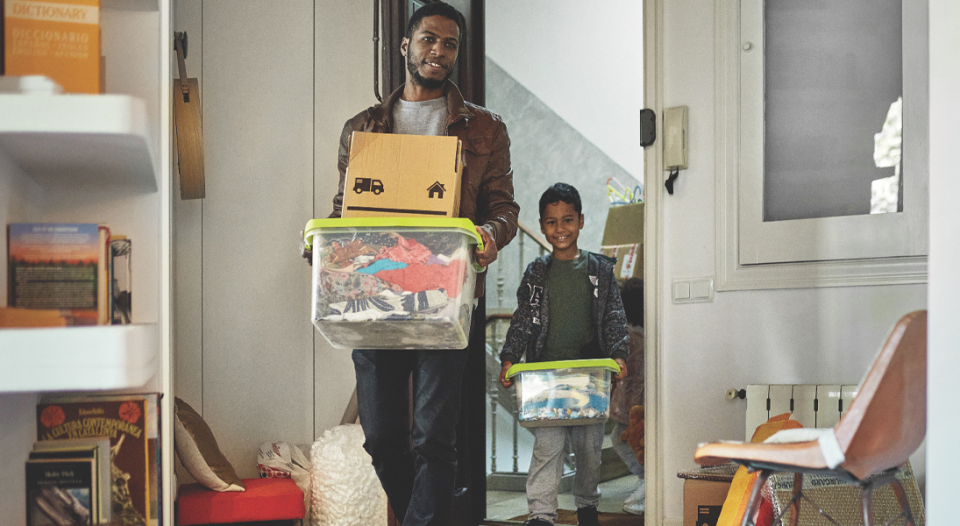There are many ways to calculate “newness.” Clearly the new year is one—though the church’s new year started back in early December with Advent. Perhaps this season also means “new” to you in other ways.
After we moved in December 2021, January meant a new school, new friends, new neighbors, a new grocery store. My kids didn’t love being the new students in the middle of the school year. And I didn’t love having to remember all the new places where I boxed our stuff. Not all aspects of something new are enjoyable. We’ve been in our house for a year now, and I still consider us new. How long does “newness” last?
The apostle Paul reminded the people of Corinth: “We were the first to come all the way to you with the good news of Christ” (2 Corinthians 10:14). Perhaps the church in Corinth had been taught something about faith in Christ, but it was still new to them a year later. It’s not hard to imagine the Corinthians—who for generations had followed Jewish teachings and were daily immersed in Roman culture—still finding Christ’s teachings new. They hadn’t been saturated in them for all that long, which is why Paul also says not to compare yourself with others.
Our families are full of people at different stages of their faith journeys. What may be a new concept to them may not be to you.
Perhaps the good news of Christ’s love is new to you. Or maybe it’s speaking to you in new ways. In a 2011 interview with Britain’s Telegraph, poet Maya Angelou said, “I’m always amazed when people walk up to me and say, ‘I’m a Christian.’ I think, ‘Already? You already got it?’ I’m working at it, which means that I try to be as kind and fair and generous and respectful and courteous to every human being.”
It’s helpful to remember that our families are full of people at different stages of their faith journeys. What may be a new concept to them may not be to you. So how can we treat each other with generosity as we approach new theologies or new faith experiences at our own pace?
As we enter this season of new beginnings, perhaps we might pay attention to how we compare ourselves to others. Whether we’re comparing faith practices or beliefs, what people wear or the size of their houses, maybe we can add some humble humor, using Angelou’s example (“Already?”), and do our best to be kind, fair, generous, respectful and courteous to every human being.
Practices
- Find ways to catch yourself when you start to compare. Does comparing make you feel better or worse, or does it depend?
- Be gentle with yourself and others when trying new things. What does it feel like to be new at something?
- Use positive humor when trying something new. Be generous with yourself.




